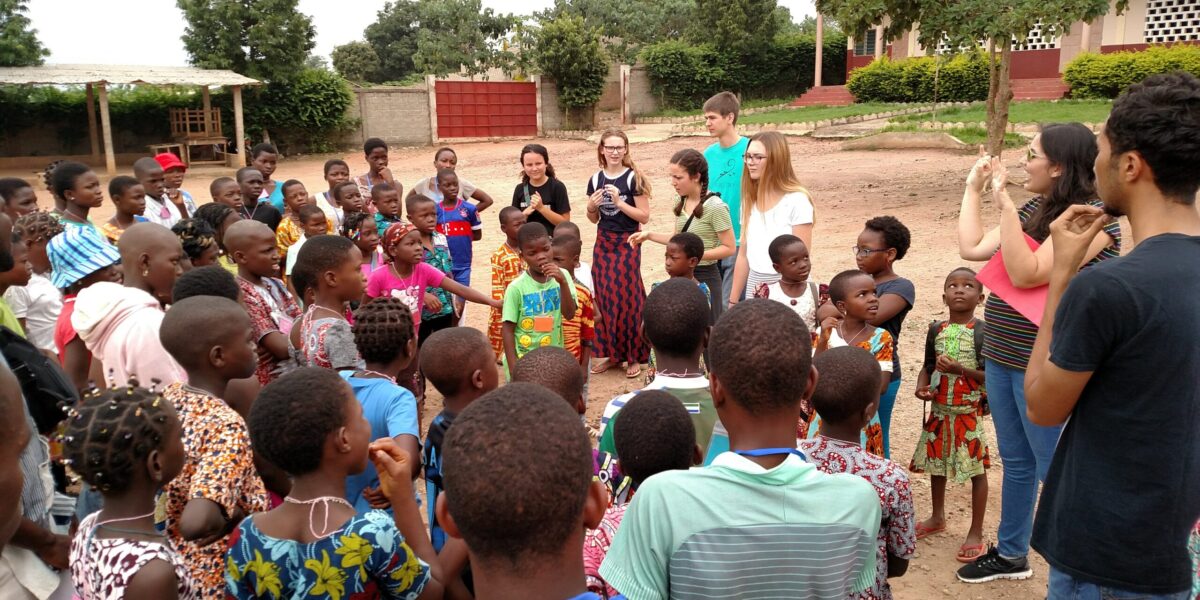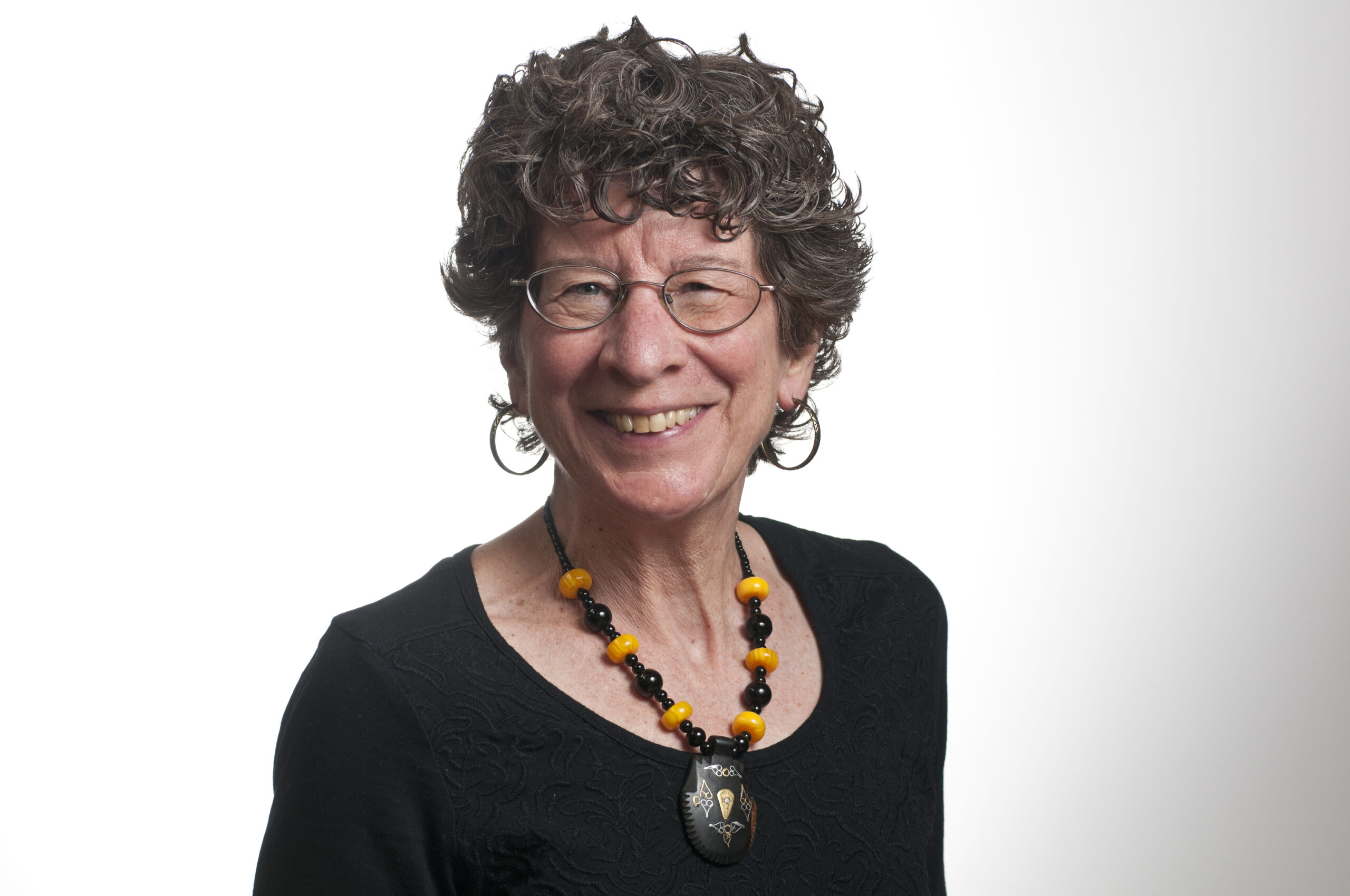When children cry, God pulls out all the stops and calls people from around the world to respond. La Casa Grande (The Big House) was born in 2000 as a partnership of churches in Benin with the Burgos Mennonite Church in Spain and Mennonite Board of Missions, a predecessor agency of Mennonite Mission Network. In 2018, South Americans joined God’s people from Africa, Europe and North America in providing this home for children who have nowhere else to go.
Diana Cruz and Felipe Preciado, a married couple from the Mennonite Church in Colombia, became part of La Casa Grande’s family last year. Diana teaches English and Spanish in the school that serves 32 children who live at the home, and more than 200 children from the broader community. This school permits God’s love, so evident within the walls of the children’s home, to have a wider reach. It also demonstrates the holistic nature of God’s care, as does Felipe’s work with agriculture and animal breeding projects.
No orphans in God’s family
The founders of La Casa Grande did not create an "orphanage." They insisted that there are no orphans in God’s family. God’s home is big enough for the whole extended family to find a place.
"We do everything on the basis of the love of Christ," said Paulin Bossou, one of La Casa Grande’s former directors. "We are trying to make sure the children can grow up in a Christian environment so that one day, they may also reflect the Lord’s love to others. We have the firm conviction that the world can change with the love of God."
Though the Bossou family moved on to another ministry a few months ago, La Casa Grande remains in competent hands. Bienvenu and Chimène Kadja, who have worked at the children’s home for years, have become co-directors. They have the dedicated support of people like Diana and Felipe, the West African house mothers, and a parade of volunteer "aunties and uncles" who come from around the globe to lend a hand.
Wiping away tears
Fiacre also left La Casa Grande a few months ago. He came as an infant, who was HIV-positive. The disease had taken both of his parents. He and his house mother, Tanti Jolie, were inseparable. Though Fiacre was never strong, through Tanti Jolie’s love and care, he lived to celebrate his eighth birthday.
Diana and Felipe only knew Fiacre for three months, but that’s all the time it took for his death to leave a gaping hole in their hearts. Fiacre was Felipe’s shadow.

Fiacre helps Felipe measure a plot in the garden at La Casa Grande. Photo by Diana Cruz.
"Every day he came to the garden to help me take care of plants, to measure the land for the flower beds, to carry stuff. He was always asking questions about the animals," Felipe said.
Saying good-bye to Fiacre was a sad time for the La Casa Grande community. And yet, his brothers and sisters found joy in describing to each other all the delicious food he would be eating in heaven. And there was some debate about how long it would take him to make the journey to heaven since it was so far away!
"There was a point when I could not stop crying," Diana said. "The children comforted me by saying, ‘Don’t be sad; Fiacre is with Jesus now.’ I should have been comforting them, but they were hugging me and reminding me of God’s good plan for all of us. It still brings tears to my eyes. I hope to learn that kind of faith."
Fiacre and Tanti Jolie planted a mango tree in the middle of La Casa Grande’s pineapple field, because Fiacre loved mangos.
"The tree is a reminder that life goes on, but each person leaves their legacy behind," Diana and Felipe wrote in a prayer letter. "Even though Fiacre was a child, we will always remember him. Therefore, we wish to keep on working so that many more kids and adults get to know that they are cared for. We follow the example of our brothers and sisters at La Casa Grande."









